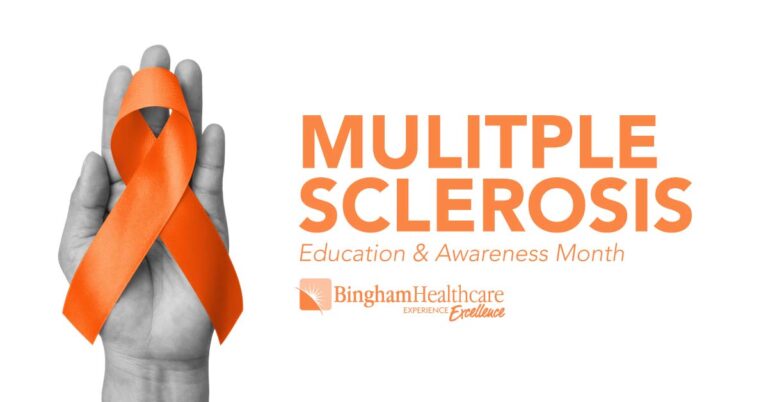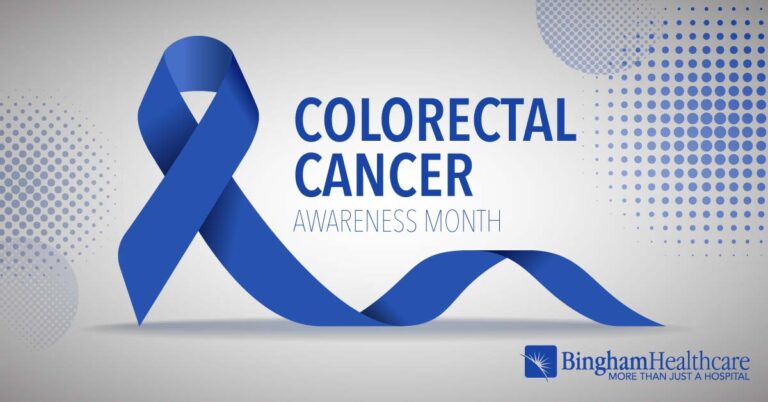
Suicide Awareness
National Suicide Prevention Month and National Suicide Prevention Week takes place in September every year. In order to create awareness and strengthen the fight against suicide, we wanted to shed some light on this serious subject that affects too many Americans and their family members.
On average, there are 129 suicides per day in this country, according to the American Foundation for Suicide Prevention. Suicide is the tenth leading cause of death in America—the second leading cause for ages 12-22 and 25-34.
Each day in our nation, there is a staggering average of over 3,041 attempts by young people grades 9-12, according to the Jason Foundation. (If these percentages were only applied to students in grades 7 and 8, the numbers would be much higher.) In addition, the Department of Veterans Affairs reported that an average of 20 veterans die each day from suicide. This includes the deaths of active-duty service members and members of the National Guard and Reserve, not just veterans.
This troubling trend is becoming too common. In the United States, suicide rates increased in 44 states from 1999 through 2016, rising by more than 30% in 25 states, according to a report by the Centers for Disease Control and Prevention.
This is a silent epidemic, not just for the above-mentioned groups of individuals, but for many Americans who are susceptible to suicide for one reason or another. To fight against this epidemic, we would encourage everyone to participate in suicide awareness by getting involved with local organizations and listening to those who need help.
Knowing some suicide warning signs—that can vary from person to person—and what to do if you think someone is considering ending their life, may help you save a life.
Warning signs
While you may think it would be difficult to determine if a friend, family member, or loved one is contemplating committing suicide, almost everyone who attempts or completes suicide has given warning signs through their words or actions. And recent studies indicate that four out of five teens who attempt suicide give clear warning signs.
Do not ignore any suicide threats. The following statements may indicate serious suicidal feelings.
- “I’d be better off dead.”
- “I won’t be bothering you much longer.”
- “You’ll be better off without me around.”
- “I hate my life.”
- “I am going to kill myself.”
- “I feel helpless and am in unbearable pain.”
- “I feel so lost, confused, and helpless.”
- “I can’t go on living any longer.”
Suicide threats, however, are not always verbal. Be sure to look for signs in text messages and on their social media sites such as Facebook, Twitter, and Instagram.
There are many signs in someone’s life that could indicate something is wrong and could lead them to attempt suicide. These include some of the following signs:
- Anger and increased irritability
- Anxiety and stress
- Bored with work, school, or hobbies
- Depression
- Have attempted suicide before
- Increase or decrease in appetite
- Increase—or starts—drug or alcohol use (or both)
- Loss of interest in personal appearance
- Preoccupation with death and suicide
- PTSD symptoms
- Withdrawal from friends, sports, or socials activities
In addition, another warning sign is someone making final arrangements. If someone decides to end their life, they may give away prized or favorite possessions, put their affairs into order, say good-bye to family and friends, and even make funeral arrangements.
While many of these warning signs do not confirm if someone is suicidal, they could at the very least indicate that they are struggling with issues in their lives and could use help. If these issues are not addressed or treated, they can result in suicidal thoughts or attempts.
Never keep the suicidal thoughts of a friend, family member, or loved one to yourself. Please reach out to someone for guidance such as a family physician, parent, grandparent, friend, teacher, coach, or a trusted adult to seek professional help. We encourage you to tell someone so you can get the advice you need to help another human being who is hurting and may need help.
Six Ways to Help Someone in Crisis
1. Ask direct questions. Even though it’s hard and uncomfortable, ask a person directly if they’re thinking about suicide.
2. Listen to their answers. People with suicidal thoughts often feel alone, so be sure to let them know that you care deeply about what they have to say.
3. Let them know you care. People who are experiencing suicidal thoughts really need to hear: “You matter, and I’m here to remind you of that fact.”
4. Keep them safe. If you’re concerned for their well-being, try removing anything they could use to harm themselves, such as alcohol, drugs, medications, weapons, and even access to a car.
5. Tell someone you trust. Let them know you’ll help come up with a plan that involves telling a professional who can use the many services and resources available to help.
6. Ensure they seek professional help. It’s important to suggest they seek additional help from other people, such as a doctor, counselor, psychologist, or social worker.
Important resources
In an emergency, call 9-1-1 immediately, or visit your local Emergency Department.
If you or someone you love is in crisis, please call the National Suicide Prevention Lifeline at 1-800-273-TALK (8255) or contact the Crisis Text Line by texting HOME to 741741.
To contact the Veterans Crisis Line, veterans, service members, or their families can call 1 (800) 273-8255 and press 1. They can also text 838255 or http://www.veteranscrisisline.net for assistance.
Bingham Healthcare Mental Health Counselors
If you or a loved one require the services of a mental health counselor, please call (208) 785-3800 to schedule an appointment or visit www.BinghamMemorial.org/Mental-Health-Counselors. Our mental health specialists see patients in Blackfoot, Idaho Falls, and Pocatello.
Our content is reviewed regularly and is updated when new and relevant evidence is made available. This information is neither intended nor implied to be a substitute for professional medical advice. Always seek the advice of your physician or other qualified health provider prior to starting any new treatment or with questions regarding a medical condition.



